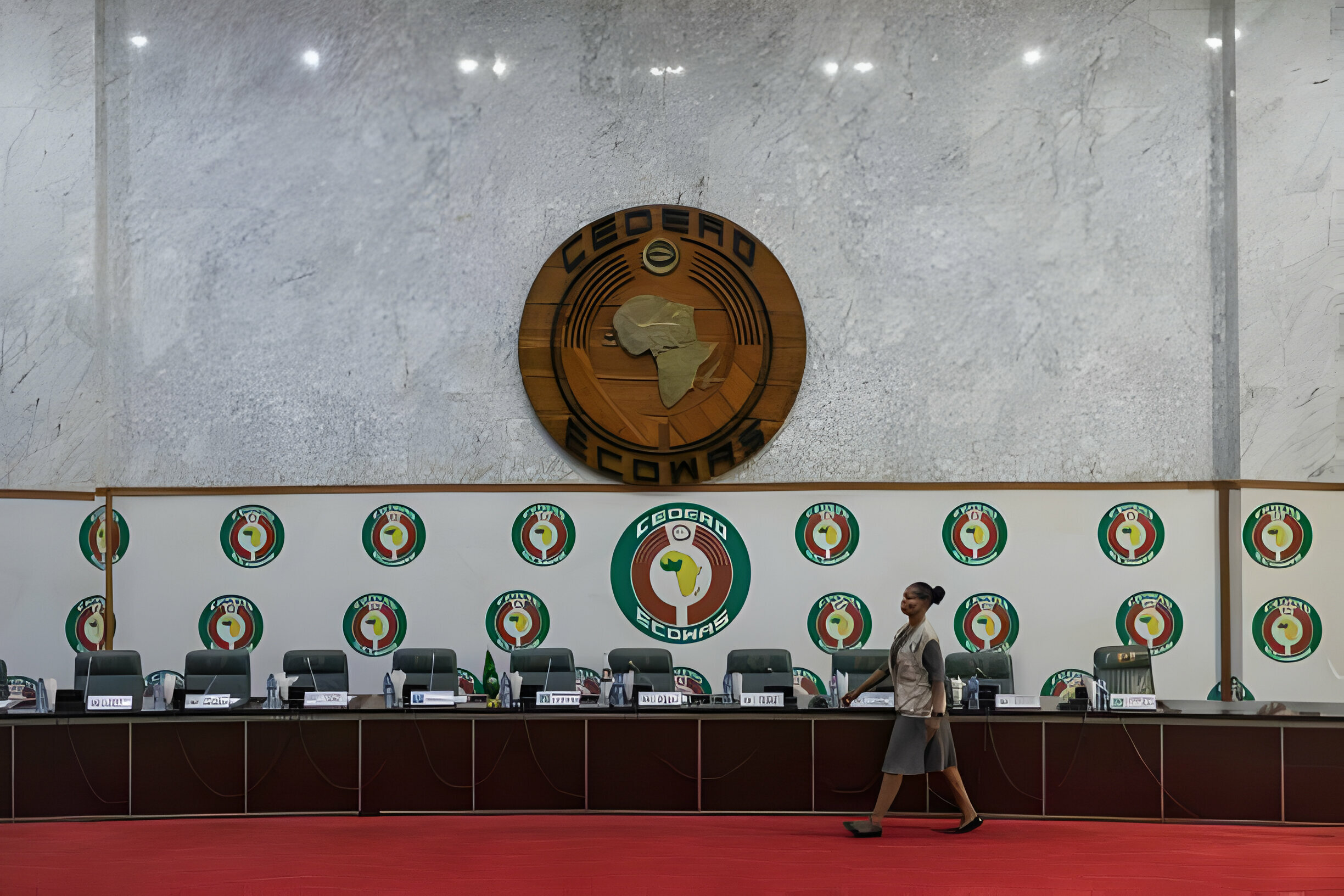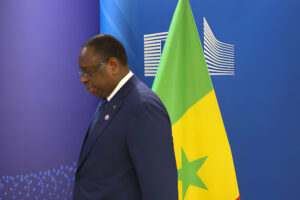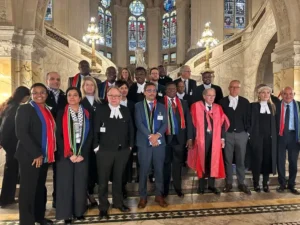The Economic Community of West African States (ECOWAS) has announced the immediate cessation of various sanctions previously imposed on Niger. These measures were initially set to counteract the effects of a coup that unfolded in the nation last year. Omar Alieu Touray, the President of the ECOWAS Commission, revealed this decision following a pivotal meeting in Abuja, Nigeria. This gathering focused on confronting the existential challenges currently facing the region and discussed the departure of three countries led by military juntas from the bloc.
The rationale behind lifting sanctions against Niger was described as being rooted in humanitarian concerns, aiming to alleviate hardships experienced by the populace due to these restrictions. Touray highlighted that while sanctions targeted at individuals and political measures would persist, the primary economic and travel bans have been withdrawn.
“There are targeted (individual) sanctions as well as political sanctions that remain in force,”
Touray stated, underscoring the continued enforcement of specific restrictions despite the general easing.The ECOWAS summit in Abuja arrives at a crucial juncture for the 15-member economic group, now grappling with the prospect of fragmentation and a rising trend of coups driven by dissatisfaction with governmental performance, especially in terms of resource allocation to citizens.
Nigerian President Bola Tinubu, serving as the current ECOWAS chairman, emphasized the importance of decisions made during the summit, advocating for adherence to democratic principles, constitutional order, and the promotion of societal and economic welfare.
The summit’s agenda was heavily influenced by the recent decisions of Mali, Burkina Faso, and Niger to exit ECOWAS, marking a historic shift for the bloc established in 1975. This departure has sparked a dialogue on the bloc’s strategy towards maintaining constitutional order within its member states.
“We must re-examine our current approach to the quest for constitutional order in our member states,”
expressed Tinubu, urging a reconsideration of their withdrawal and a reevaluation of the organization’s role.Furthermore, the summit aimed to address the stringent sanctions imposed on Niger, with calls from influential figures such as Yakubu Gowon, a former military leader of Nigeria and one of the bloc’s founders, for a reassessment of these measures in favor of regional unity.
Amidst these discussions, the region confronts escalating violence from Islamic extremists and rebels, particularly in the Sahel. This instability has frequently led to military interventions and the overthrow of elected governments, reflecting broader issues of security and governance across West and Central Africa.
The decision to withdraw sanctions on Niger and the broader implications of the departures of Mali, Burkina Faso, and Niger from ECOWAS signal a pivotal moment for the bloc. Analyst Karim Manuel notes the potential for increased fragmentation within the West African region, highlighting the emergence of a new alliance that challenges the traditional structures of regional cooperation.
This development not only seeks to mitigate the immediate hardships faced by the Nigerien population but also prompts a reevaluation of ECOWAS’s approach to governance, democracy, and regional stability. The future of West African cooperation and integration hangs in the balance, as member states navigate these complex geopolitical dynamics.














